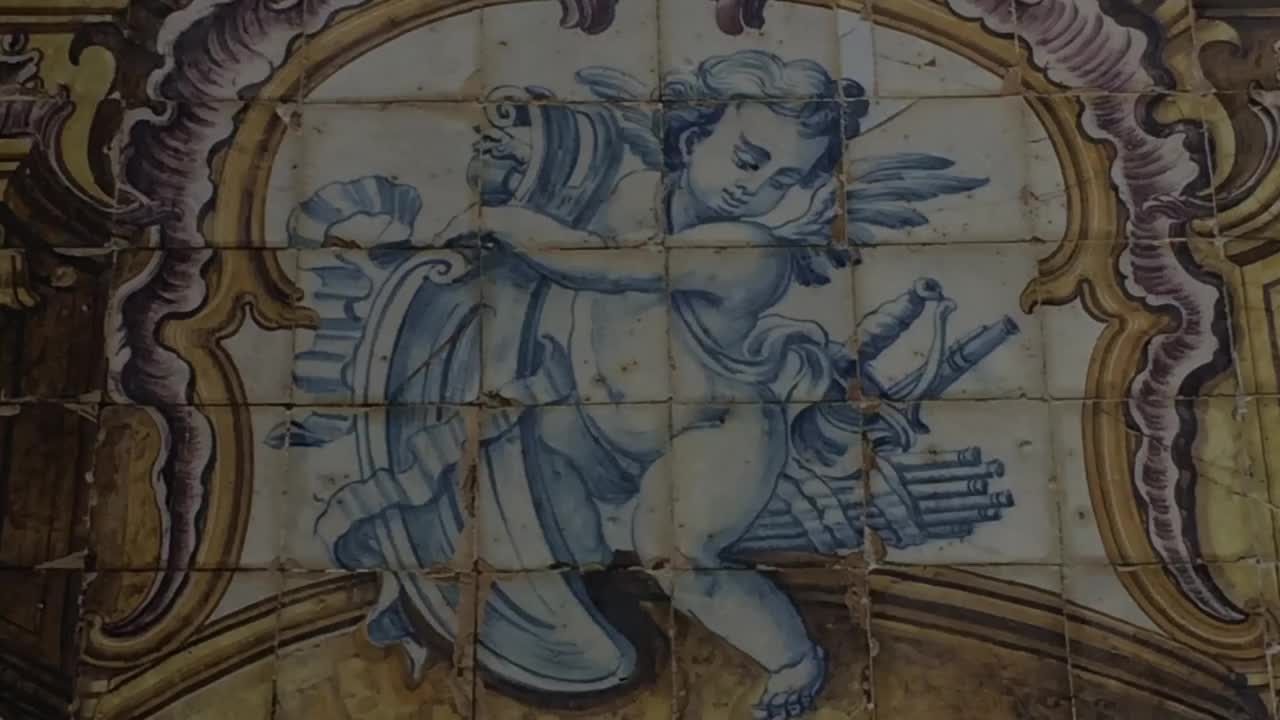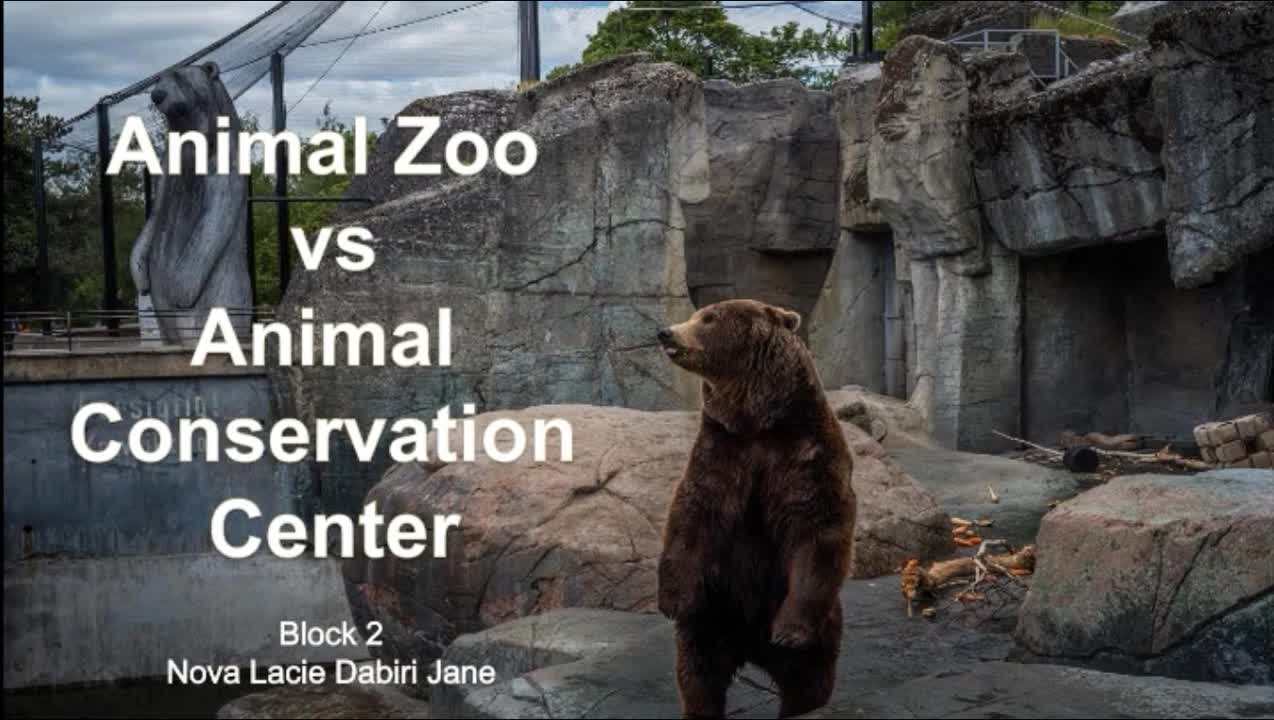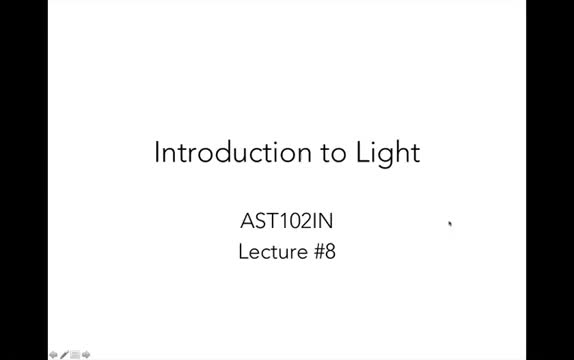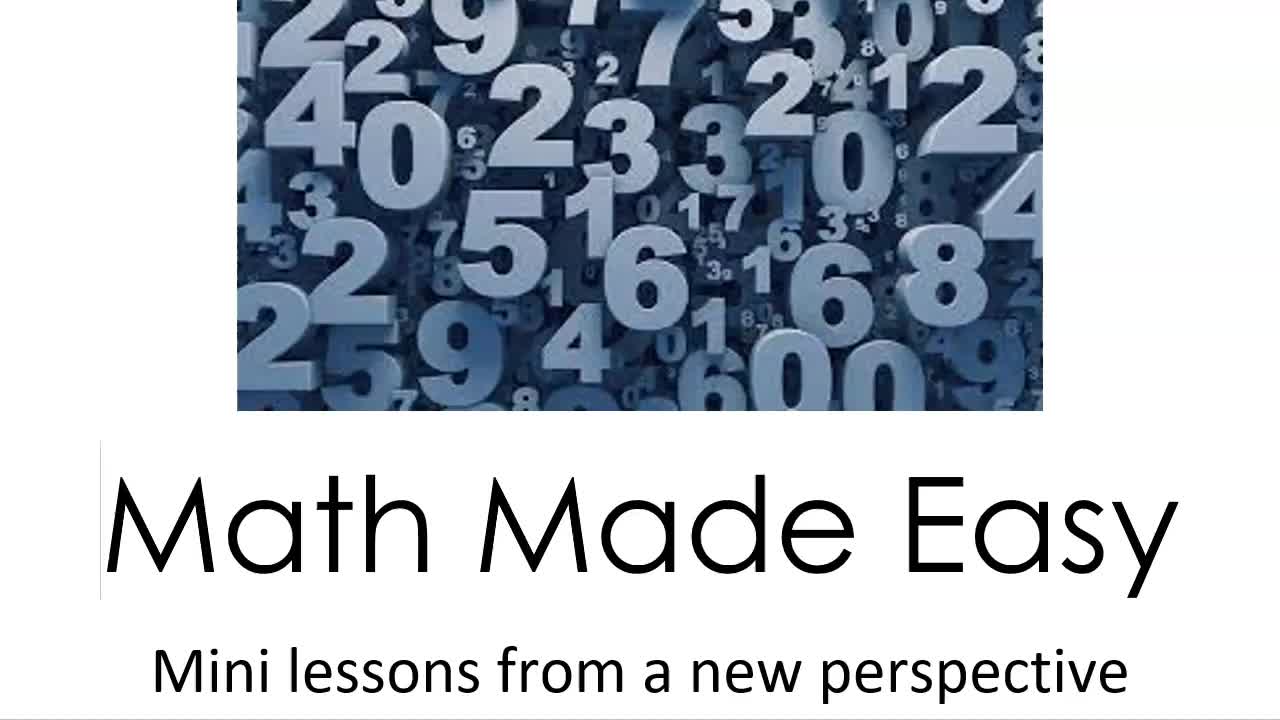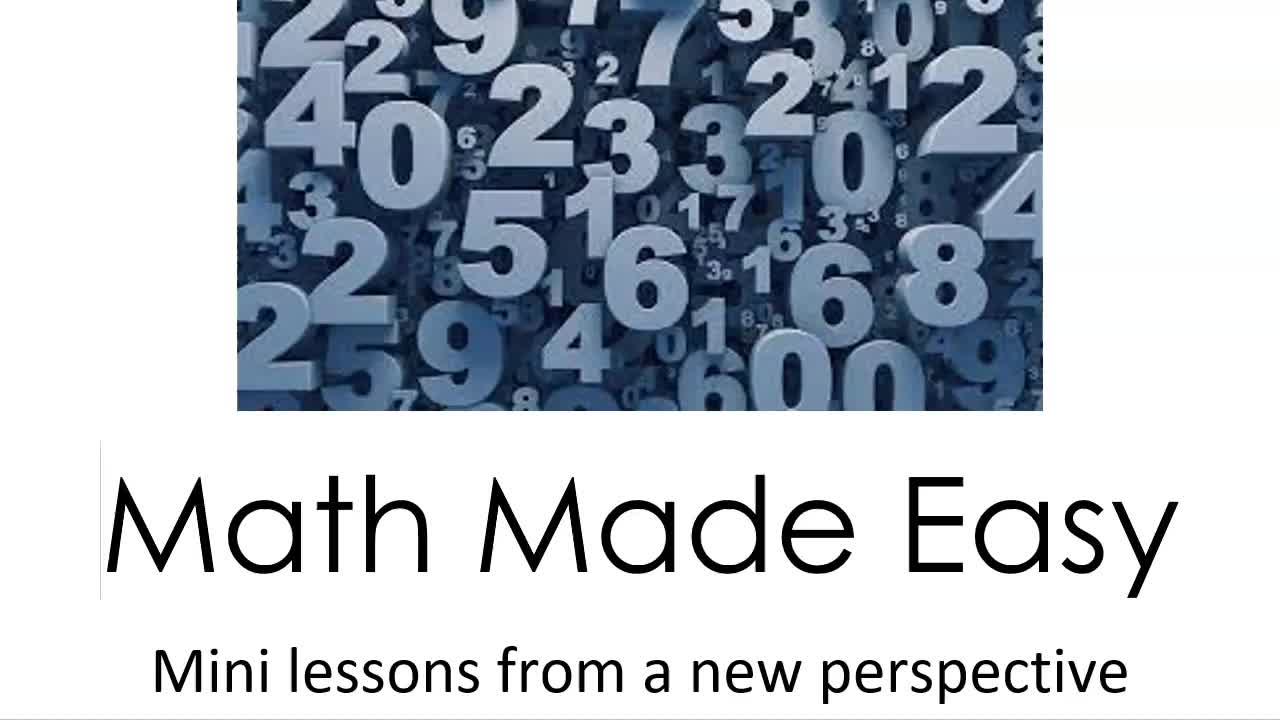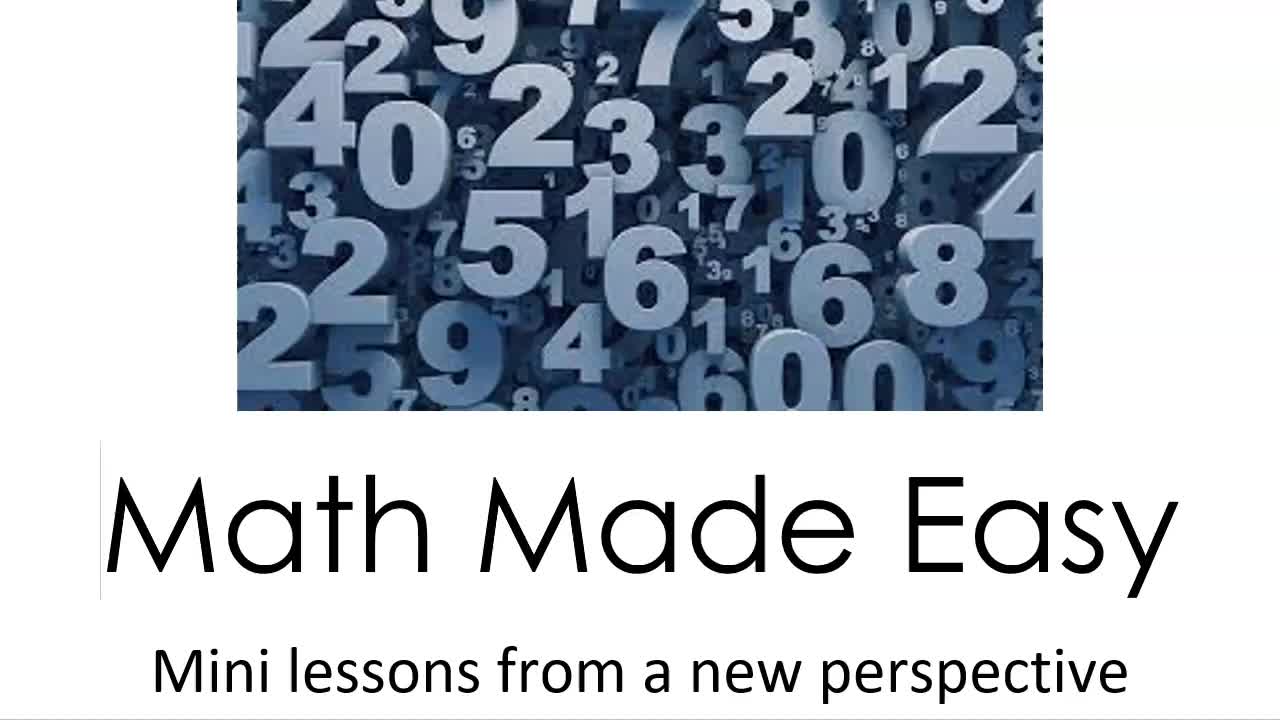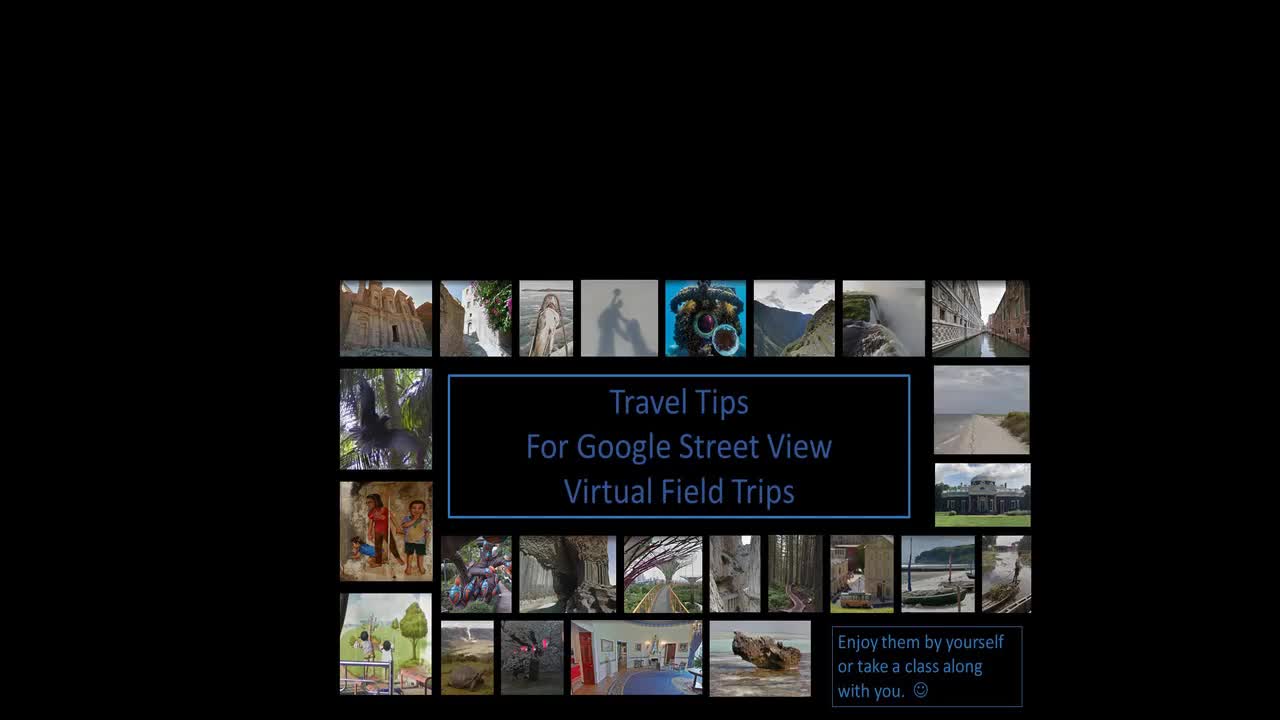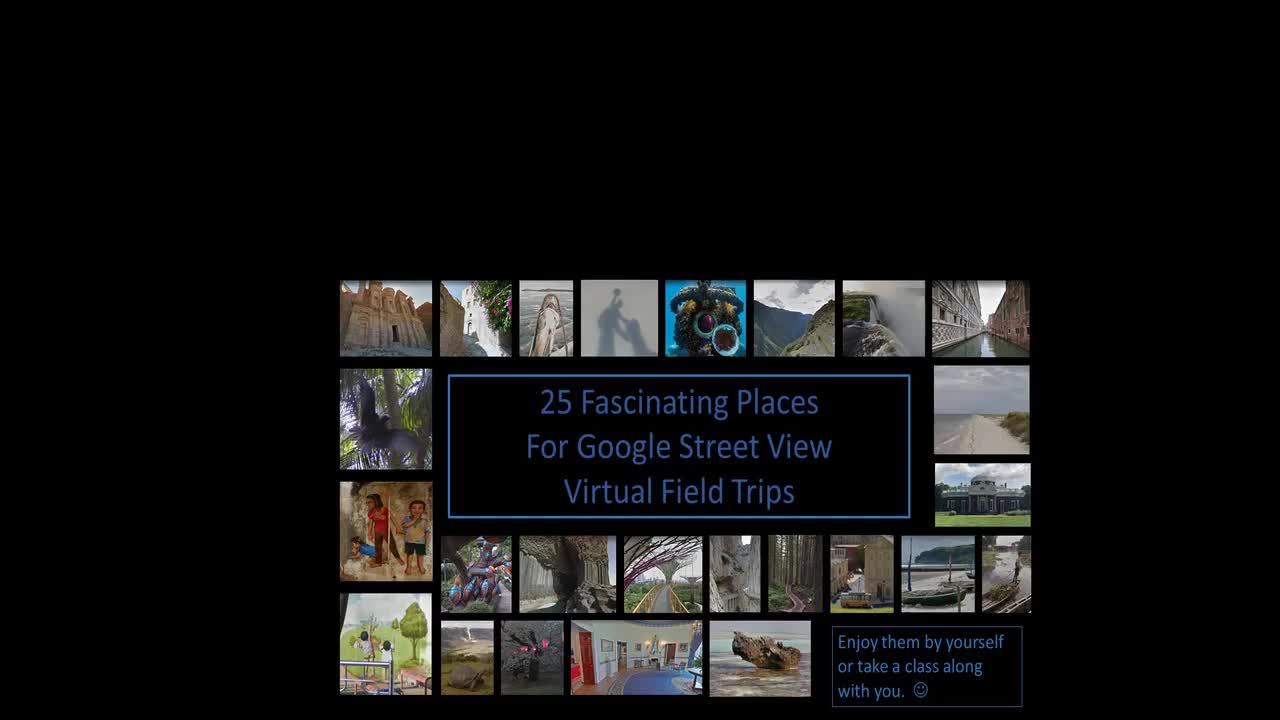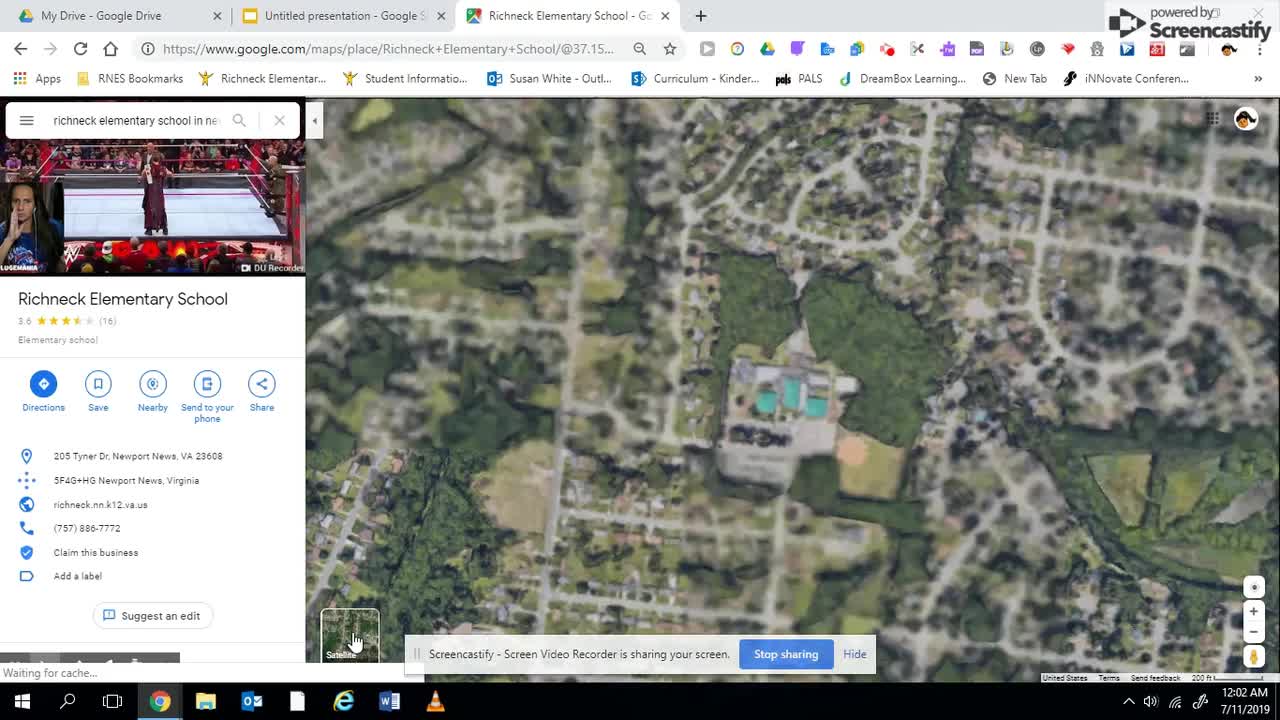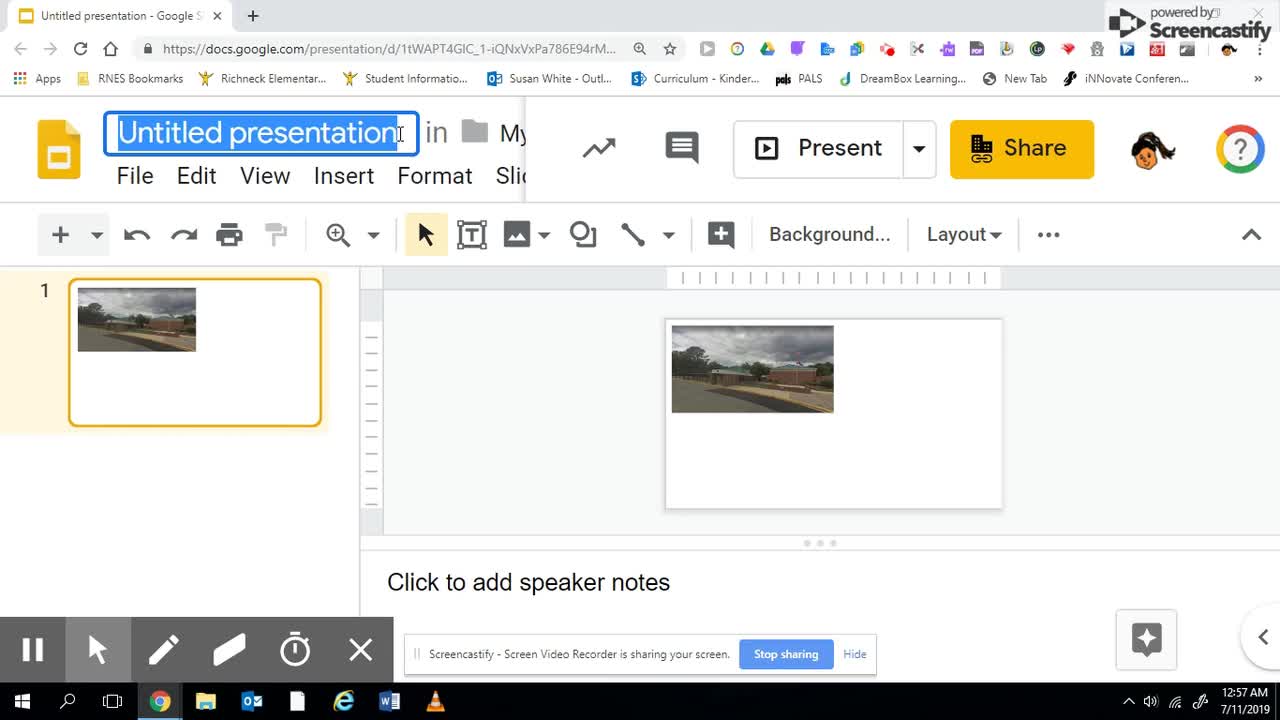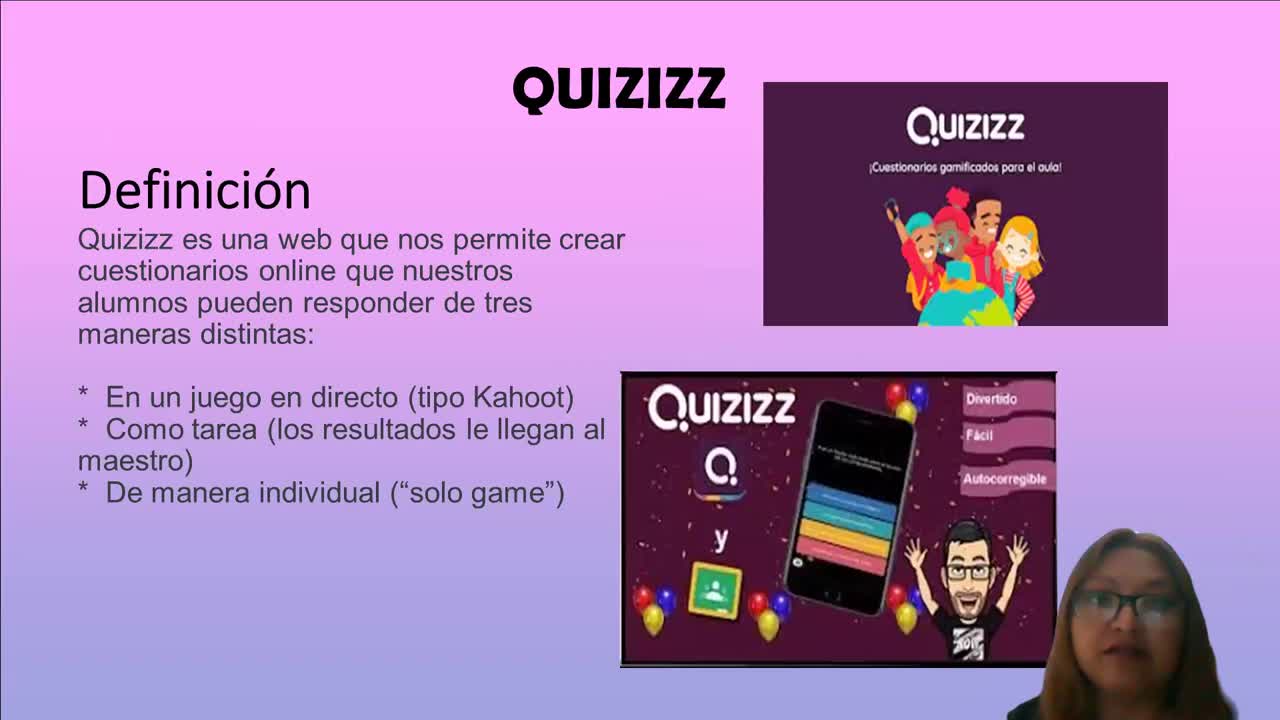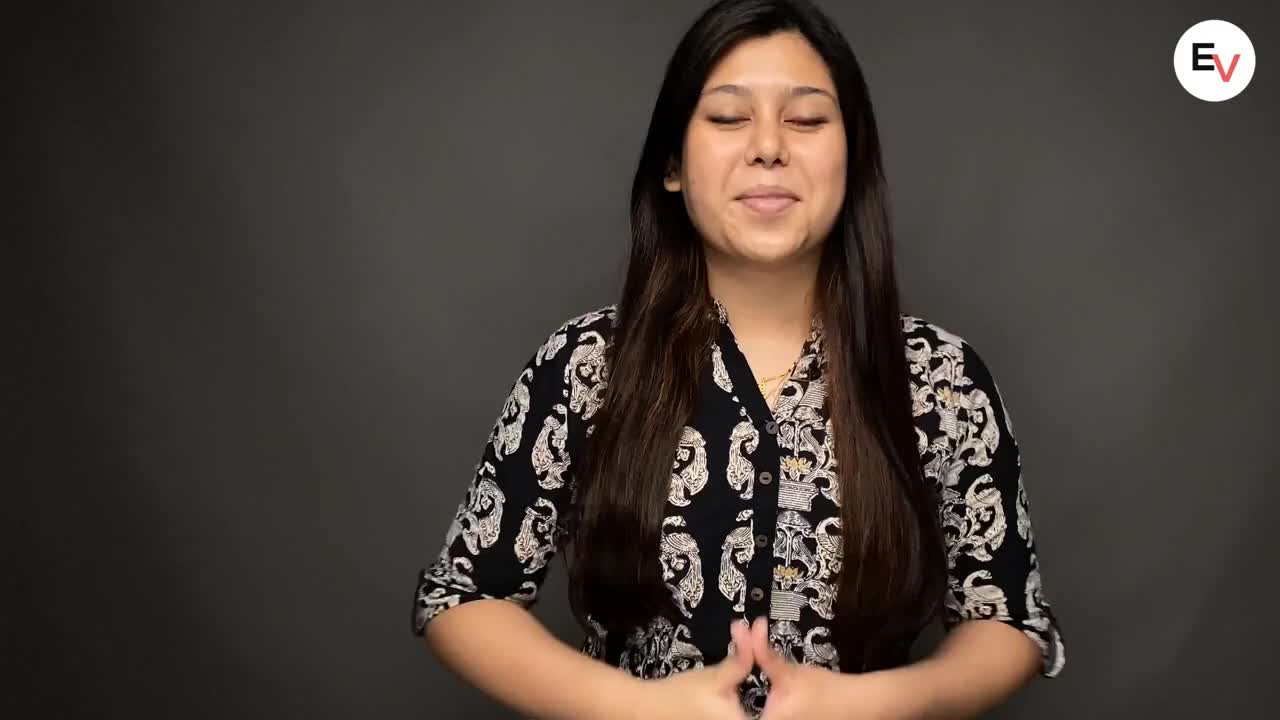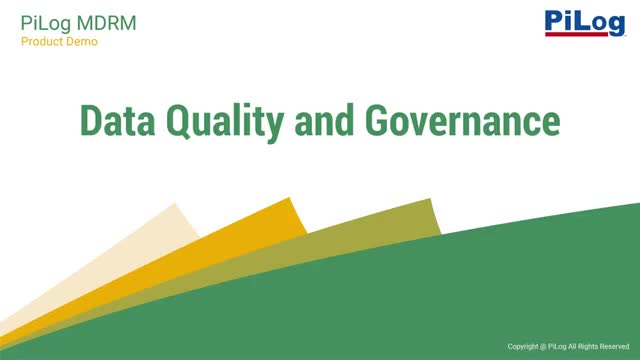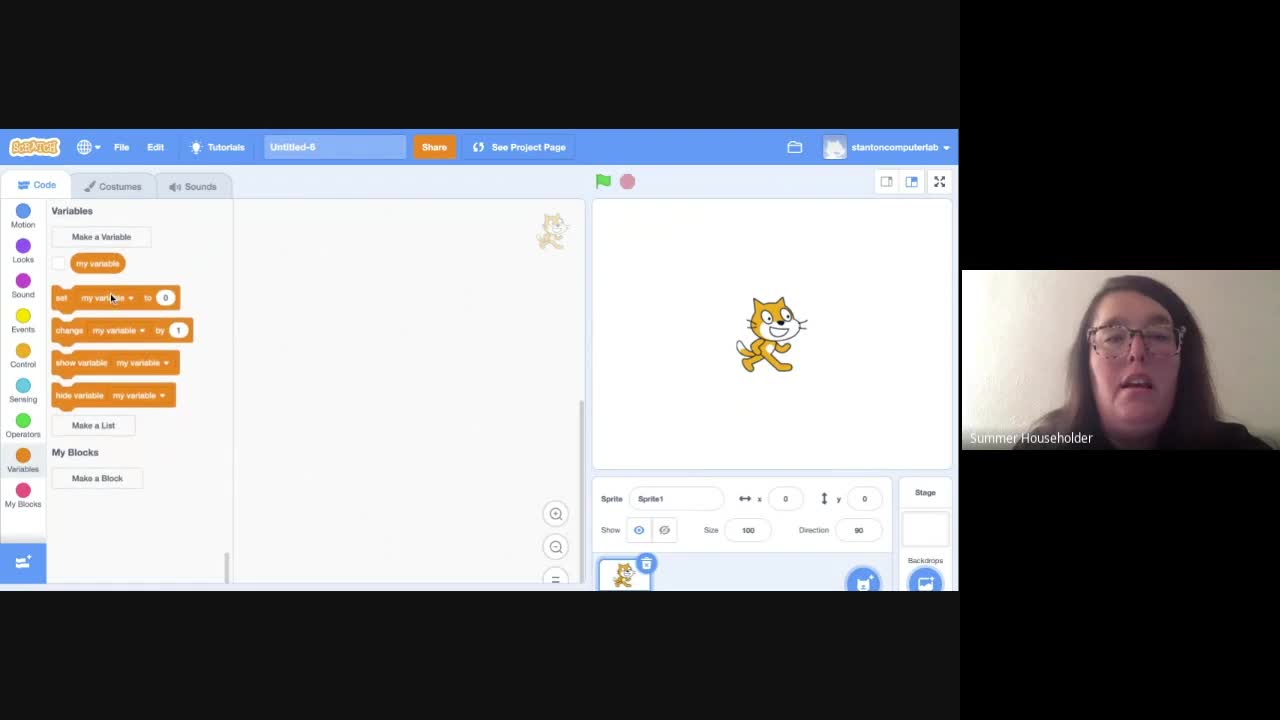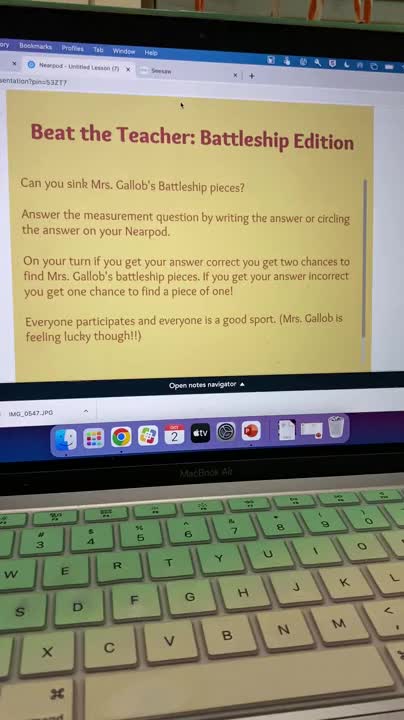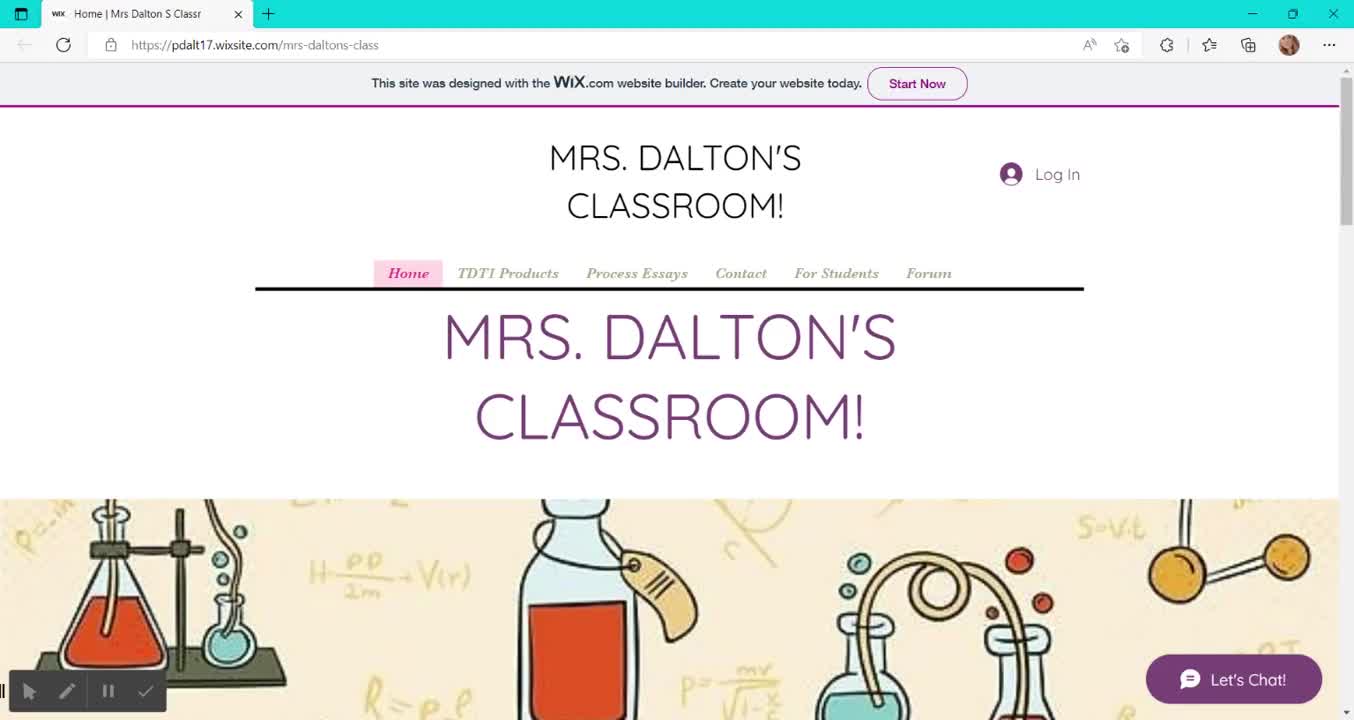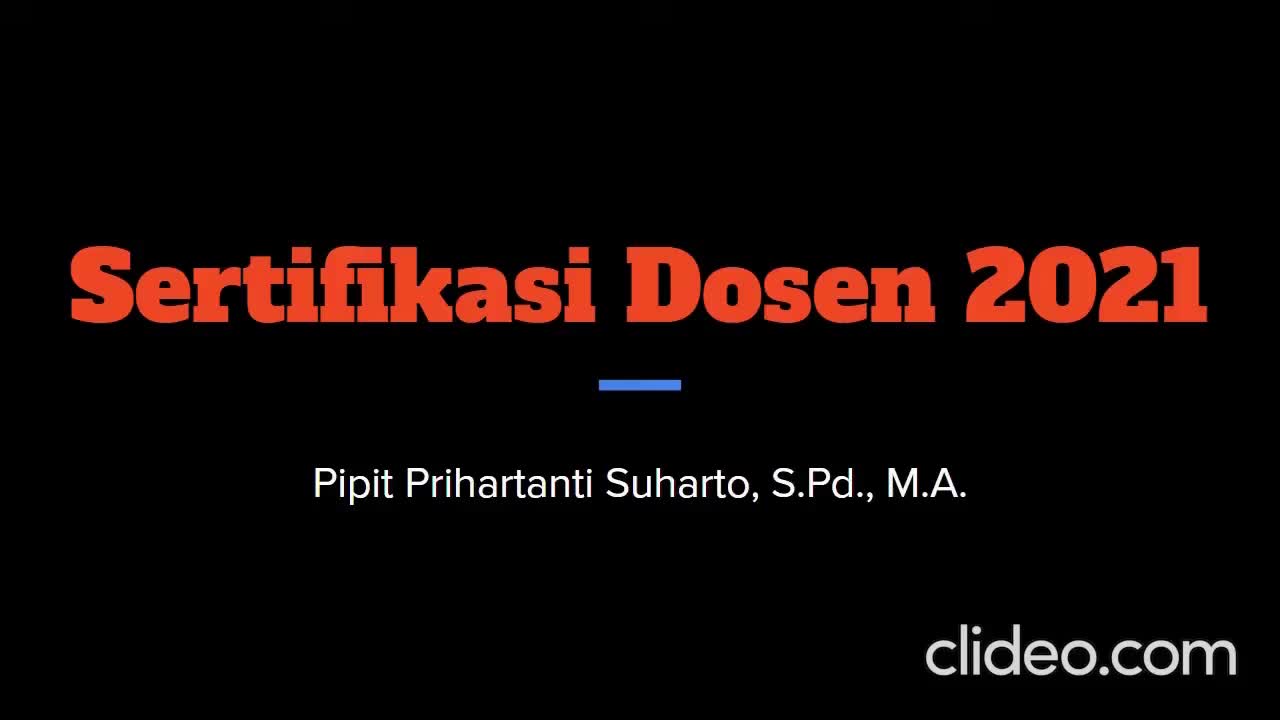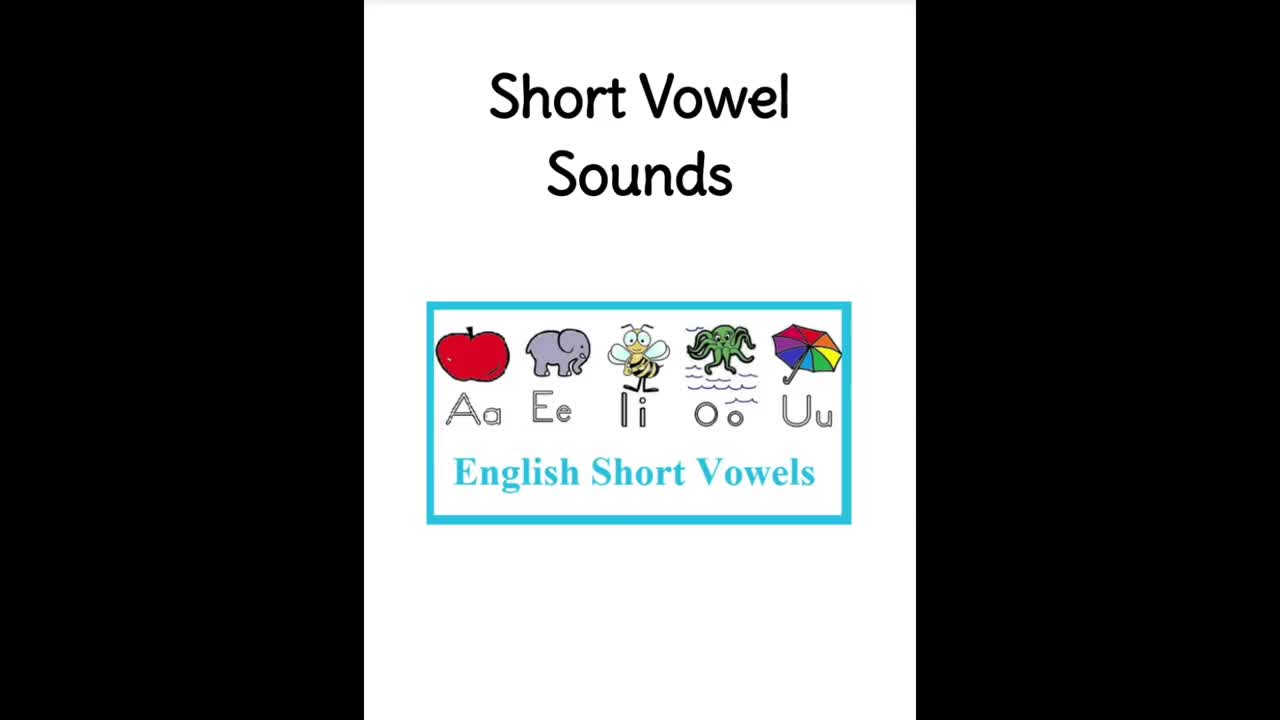Literary Criticism - what is it, and why do we do it?
College and University / Career and Technical Education (CATE) / Tourism
A critique of a text is like a lens through which we look at that text. It helps us to appreciate it more by examining closely one aspect of the text. Note: literary criticism has nothing to do with whether or not you like a text; rather, it is about how to understand the text from different perspectives. It becomes more interesting and more meaningful if we do this. Reading is a bit like travelling: when we read, we are transported to a different time and place. Literary theories are a bit like tour guides. Some tour guides will point out all of the historically significant landmarks around the place; others will point out the restaurants. Neither or these tour guides is “more right” than the other; they are just focussing on different things. Similarly, different literary theories will point you in different directions, helping you to come up with different answers to the question, “what is this text about?” And that’s okay. Yes, some answers will be more interesting or more valid than others, but there may not be just one right answer. As we look at our text, I want us to think through it with different “lenses” – different theories. I will explain a few different theories, and we will discuss them further in class. One of the ways in which the theories differ is the idea of where we can find the meaning of a text. There are three basic answers to this question, which we will go over again when discussing each theory: the meaning of the text can be found either in the mind and world of the author, in the text itself, or in the mind and world of the reader. How do you think we can find the meaning of a text? Should we ask or research the author to learn what the text means? Or should we read the text really carefully to find meaning? Or do we create the meaning through the very act of reading the text? Have a think about that question before we go through the different theories. I will also be commenting on whether the particular theory relates mostly to Context, Form, Language, Audience or Purpose.
